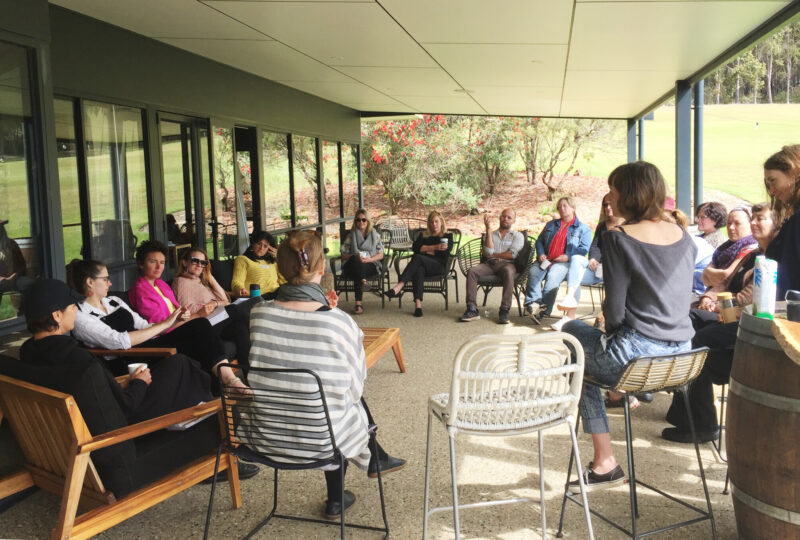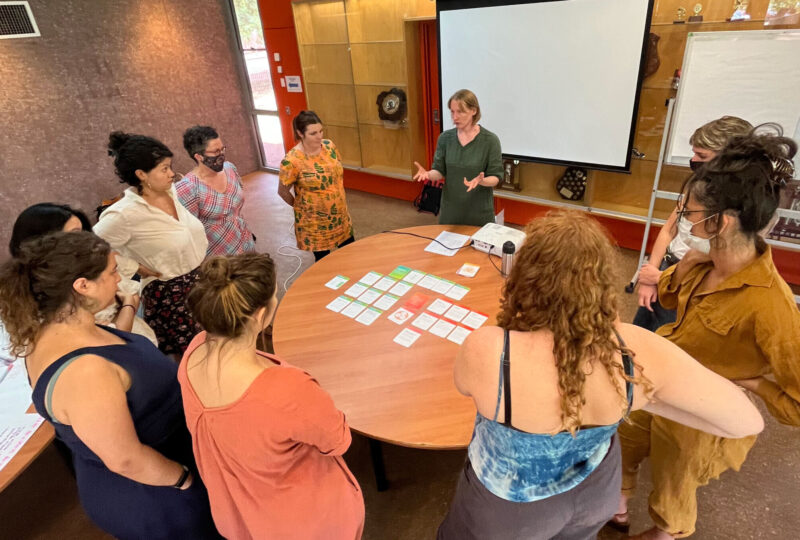Creative Leadership Program
Regional Arts WA is excited to deliver the Creative Leadership Program across regional WA.
As part of the Regional Arts Network initiative, Regional Arts WA has collaborated with Dr Shona Erskine to create a leadership program meets individual and community needs.
The Creative Leadership Program has its foundations in the neuropsychology and neuroscience literature on creativity and seeks to:
- Identify and develop leaders in the regions.
- Connect the knowledge of artists and arts organisations to strengthen creative communities.
- Build regional collaboration through shared learnings.
- Create feedback opportunities to further promote community-driven arts activities and feed into relevant Local and State government policy.







